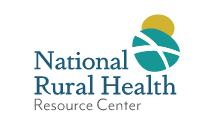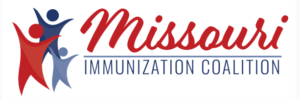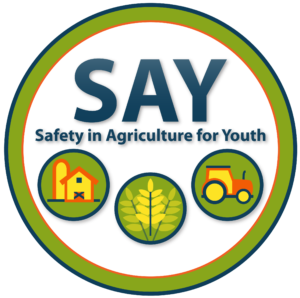May 30, 2023

Apply Now for One Year of Virtual and On-Site Technical Assistance
Applications are being accepted for the 2023-2024 cohort of the Rural Healthcare Provider Transition Project (RHPTP). RHPTP guides small rural hospitals and certified rural health clinics as they prepare for participation in alternative payment and care delivery models.
In 2021, the Centers for Medicare and Medicaid Services (CMS), set the goal of transitioning all Medicare beneficiaries and a majority of Medicaid beneficiaries into a value-based care (VBC) model.
The shift from a traditional fee-for-service model focused on volume to a VBC model focused on patient health outcomes leads to prevention-based services, increased patient engagement and satisfaction, reduced effects and incidence of chronic disease, improved quality of care, and lower costs for both patients and payers.
RHPTP provides direct support to five small rural hospitals and certified rural health clinics annually, to help them strengthen their organization’s understanding of VBC and learn strategies they can use to be effective participants in a health care system focused on value.
Small rural hospitals and certified rural health clinics selected to participate in RHPTP receive one year of focused technical assistance (TA) that’s designed to strengthen their organization’s understanding of the key elements of value-based care. Project focus areas include quality, efficiency, patient experience, and safety. Five applicants are selected each year to receive RHPTP’s virtual and on-site TA.
Program Eligibility:
- Hospitals must meet all three eligibility requirements listed below:
- Eligible small rural hospital is defined as a non-federal, short-term general acute care hospital that:
- Is located in a rural area and defined in 42 U.S.C. 1395ww(d) and
- Has 49 available beds or less, as reported on the hospital’s most recently filed Medicare Cost Report
- “Rural area” is defined as either:
- Located outside of a Metropolitan Statistical Area (MSA)
- Located within a rural census tract of a MSA, as determined under the Goldsmith Modification or the Rural Urban Commuting Areas, OR
- Is being treated as if being located in a rural area pursuant to 42 U.S.C. 1395ww(d)(8)(E)
- Eligible hospitals may be for-profit or not-for-profit, including faith-based. Hospitals in U.S. territories as well as tribally operated hospitals under Titles I and V of P.L. 93-638 are eligible to the extent that such hospitals meet the above criteria
Applicant organizations must:
- not be a current participant in an advanced alternative payment model (APM)
- be financially stable
- be interested in and motivated to becoming part of an APM
- If a small rural hospital, be meeting the quality data reporting requirements of inpatient Quality Reporting, Outpatient Quality Reporting or the Medicare Beneficiary Quality Improvement Project
- not be a current participant in Delta Region Community Health Systems Development Project, the Vulnerable Rural Hospital Project, the Small Rural Hospital Transition Project, or any other program that is duplicative in services
Additional details regarding the RHPTP application process, scoring, and selection process can be found in the 2023-2024 Application Interview and Process Guide.
Apply Now
Apply Now










